
Similar Posts
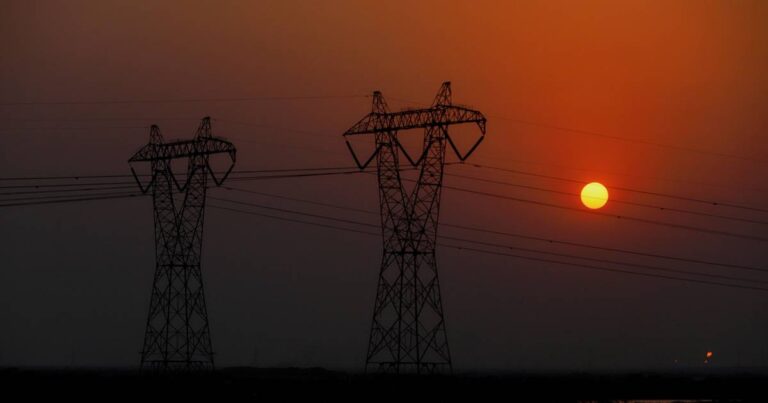
Iraq Faces Energy Crisis as US Ends Iranian Energy Waivers, Officials Warn
The expiration of a US sanctions waiver allowing Iraq to buy Iranian energy has created short-term operational challenges for the country, as stated by Iraqi Prime Minister’s foreign affairs adviser, Farhad Alaaeldin. Despite these difficulties, Iraq remains committed to achieving energy self-sufficiency and is exploring alternatives to maintain electricity supply. The Trump administration’s decision aims to reduce Iran’s economic relief and encourages Iraq to reduce its dependence on Iranian energy, which only accounted for 4% of its electricity consumption in 2023. The situation presents opportunities for US companies specializing in energy solutions as Iraq seeks to enhance its energy sector resilience.
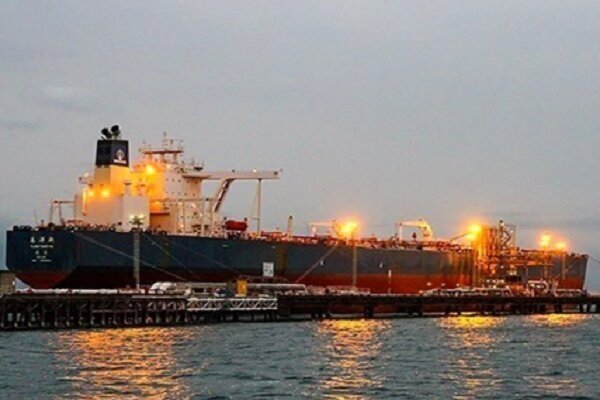
Sanctions Struggle: China’s Iran Oil Trade Thrives Despite Restrictions
U.S. sanctions on Iranian oil exports to China are increasingly disrupting the flow of crude oil, affecting global oil markets. Reports highlight significant shipment disruptions due to seller defaults and logistical challenges faced by Chinese refineries, the main buyers of Iranian oil. Sanctions target not just tankers but also their owners and brokers, with over two-thirds of vessels linked to Iranian shipments now blacklisted. China maintains its right to trade with Iran, but U.S. financial systems create compliance pressures. As Iranian oil exports face mounting challenges, both nations may need to adapt strategies, impacting global oil supply and pricing dynamics.
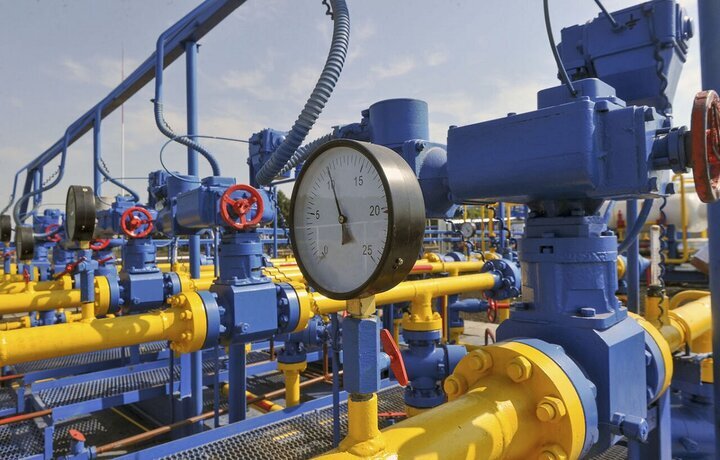
Turkey Boosts Energy Security by Importing Turkmen Gas Through Iran
Turkey is strengthening its energy sector by enhancing natural gas supplies, particularly through a partnership with Turkmenistan. This collaboration diversifies energy sources and ensures a stable supply crucial for domestic demand. Bayraktar emphasized the significance of a barter agreement with Turkmenistan, which allows for competitively priced gas. This year, enough gas is expected to supply 1.5 million households. Turkey also plans to transport more Turkmen gas to Europe via a pipeline across the Caspian Sea. Additionally, Turkey will begin gas deliveries to Azerbaijan’s Nakhichevan region, further solidifying its gas export capabilities and regional energy security.
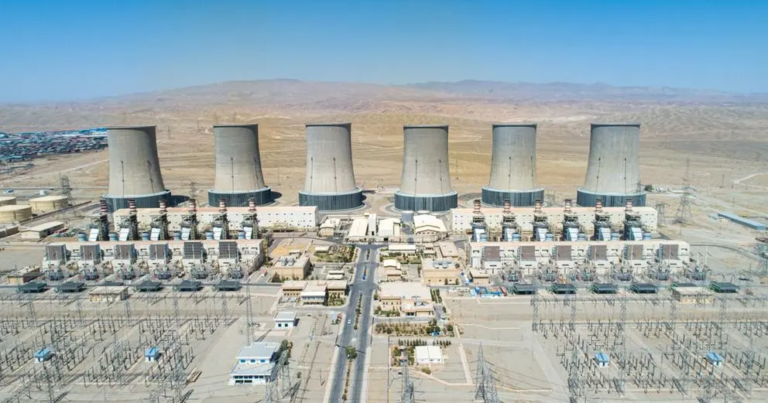
Energy Crisis Halts 50% of Iran’s Industrial Capacity: A Nation in Turmoil
Iran’s industrial parks are facing severe disruptions, with fifty percent halting operations due to ongoing power outages, significantly impacting the economy. Ali-Asghar Ahaniha from the Supreme Labor Council highlighted that multiple power plants are inactive, leading to electricity and gas shortages. Contributing factors include aging infrastructure, international sanctions, and poor management, resulting in around 80 power plants shutting down. The daily gas shortfall is approximately 260 million cubic meters, causing financial losses in industrial sectors amounting to hundreds of billions of rials. A comprehensive strategy is urgently needed to address these energy shortages and support industrial productivity and workforce well-being.
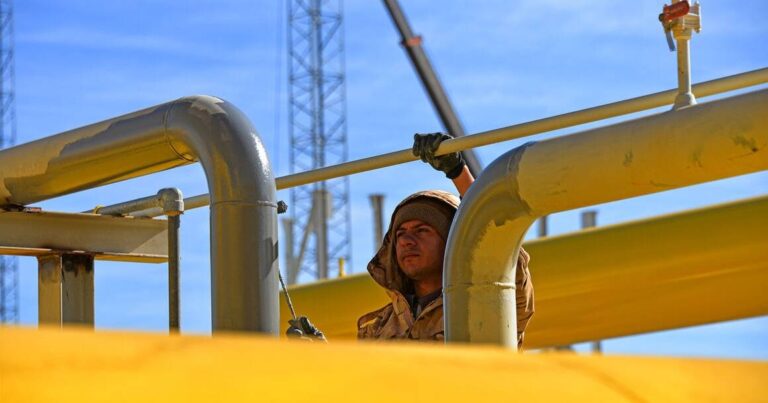
Iran-Russia Gas Deal: A Bold Move or an Exercise in Futility?
A new gas agreement between Russia and Iran aims to export 55 billion cubic meters (bcm) of Russian gas annually to Iran via Azerbaijan, but faces significant logistical and financial hurdles. Iran’s Oil Minister announced that a land route through Azerbaijan would be used, but the existing pipeline capacity is only around 6 million cubic meters per day, insufficient to meet Iran’s winter gas deficit of up to 300 mcm/d. Additionally, Gazprom’s financial struggles hinder the development of necessary infrastructure. Iran’s future as a regional gas hub relies on successful sales to neighboring countries, despite their own gas production capabilities.
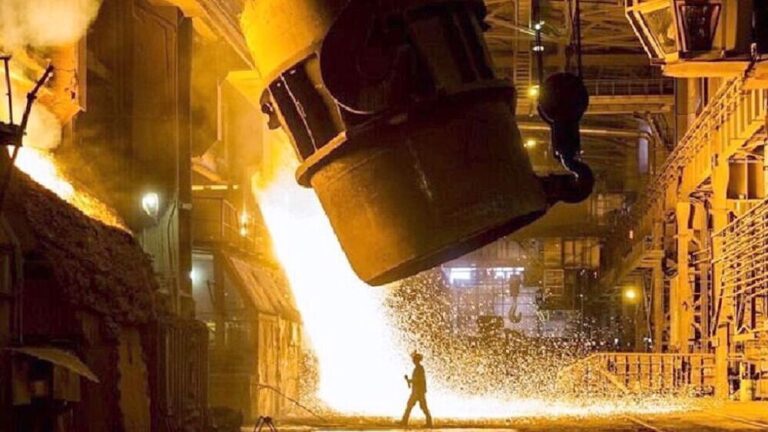
Iran’s Steel Production Soars 8%, Reaching 31 Million Tons in 2024: WSA Report
In 2024, Iran’s steel production reached 31 million metric tons, despite facing challenges like energy supply issues. Globally, steel production declined by 9% to 1.839 billion metric tons, with China contributing 1.005 billion metric tons. Iran’s December output fell 8.2% year-on-year to 2.6 million metric tons due to power cuts. However, Iran ranked 7th globally in November 2024, producing 3.1 million metric tons, a slight increase from the previous year. Turkey surpassed Iran with a 9.4% production rise. Addressing energy concerns could enhance Iran’s standing among top steel producers in the future.